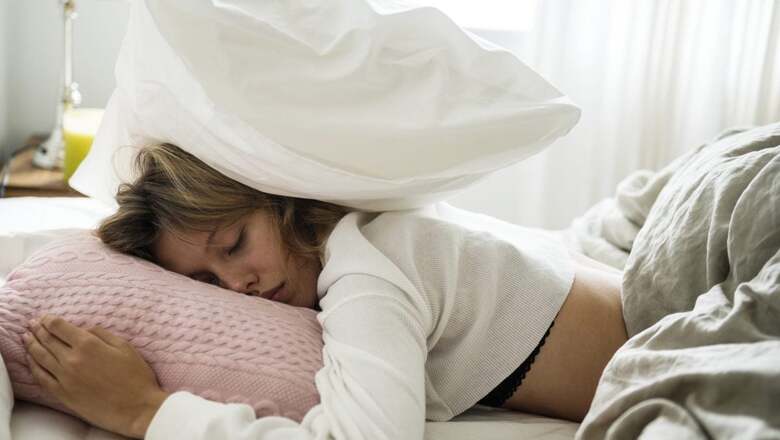
views
An excessive state of mental and physical drowsiness known as dysania makes it practically impossible for a person to get out of bed. It is comparable to depression but not the same as depression, which results from an imbalance in the chemical makeup of the brain and indirectly causes loss of motivation or inadequate sleep. If this condition is not properly addressed, it can have a substantial negative influence on your daily life and connections with others. What you need to know about this deadly ailment, its symptoms, and possible treatments are provided below.
Dysania: Symptoms And Signs
There are many individuals who wake up and want to stay in bed. However, dysania can be so overwhelming for some people that it makes it difficult to focus about anything else. Even getting out of bed to work on anything else is difficult. Extreme weariness isn’t the only symptom that Dysania patients could have. These could be the possible symptoms too:
- Difficulty concentrating
- Confusion
- Disorientation
- Decision-making challenges
- Hallucinations or Delusions
Dysania can be a sign of a variety of diseases or mental health problems. Here are a few ailments that could result in this serious disease, including:
- Hypothyroidism
- Anemia
- Depression
- (CFS) Chronic fatigue syndrome
- Thyroid conditions
- Heart condition
How is Dysania Treated?
These alterations to your way of life might not be sufficient on their own to alleviate your dysania symptoms. It’s crucial to go over potential treatment choices with a doctor or mental health expert.
- Stick to a routine:If you struggle to get out of bed in the morning, consider setting your alarm for the same time each day. Even if you may not feel like it, make sure to get up at that hour.
- Engage in regular exercise:Research has shown that regular exercise improves sleep quality in many persons who suffer from insomnia or other sleep disorders. Additionally, it may aid with mood enhancement, anxiety reduction, and sleep apnea, among other things.
- Use Relaxation Techniques:Deep breathing, meditation, and progressive muscle relaxation are all relaxation techniques that can help lower stress, depression, and anxiety.
- Only use your bed for sleeping:By associating your bed with peaceful activities, you’ll find it simpler to drift off to sleep at night. Additionally, you might want to refrain from watching TV or eating in bed because these activities can make it more difficult to go to sleep at night.




















Comments
0 comment